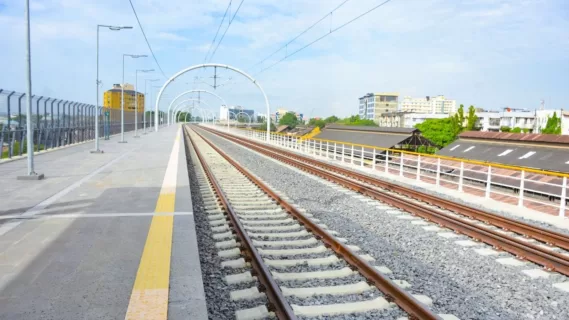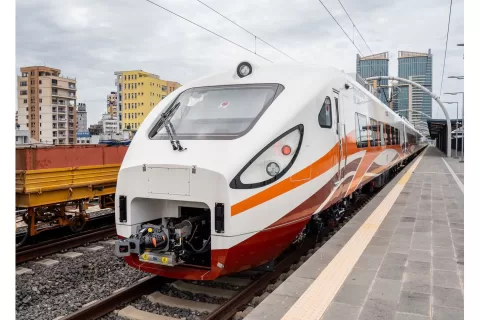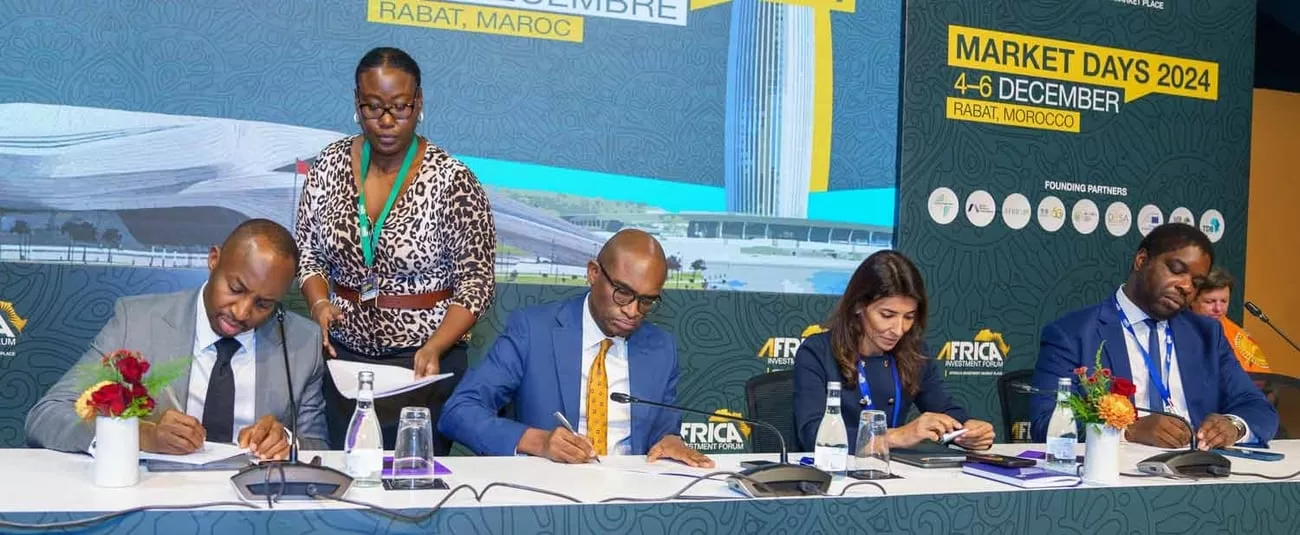The African Development Bank (AfDB) has made an agreement with the Deutsche Bank and France’s Societe Generale in a financing syndication strategy. The agreement is a groundbreaking move to boost Africa’s infrastructure development that raises up to $1.2 billion for the ambitious Standard Gauge Railway (SGR) project in Tanzania. The agreement was officially signed at the African Investment Forum’s 2024 Market Days in Rabat, Morocco. The multi-billion-dollar project, which promises to transform regional connectivity is already making strides. It involves the construction of a 411-kilometer railway line linking the inland city of Tabora to the port of Kigoma. Through its ministry of finance, the Tanzanian government is seeking to tap into international debt markets to fund the project. Currently, the project is valued at $2.3 billion. Moreover, the government is optimistic that once completed, it will be a game-changer for East Africa’s economic landscape.
The State of Affairs Regarding the Funding for the Project
The AfDB’s Senior Director for Syndications, Cofinancing and the Africa Investment Forum, Mr. Max Ndiaye, noted the strategic importance of Tanzania’s SGR. “This collaboration marks a significant milestone not only for Tanzania but for Africa’s integrated economic future. The railway will act as a key artery in boosting intra-Africa trade. It will also enhance regional connectivity and unlock the continent’s vast economic potential,” he said. The financing effort is being structured in two tranches. The AfDB has opted to take the lead in coordinating the second tranche. Moreover, it is expected that the contributed will come from diverse range of financial institutions. These include development finance institutions (DFIs), Export Credit Agencies (ECAs), bilateral lenders, and multilateral development banks.

The railway will connect Tanzania’s city of Dar es Salaam on the Indian Ocean to the Inland port of Mwanza. There are also plans to extend into neighboring countries to ensure a more diverse transport system. These include to countries such as Rwanda, Burundi, Uganda, and the DRC. Deutsche Bank’s Managing Director for Africa, Myriam Ouazzani and Societe Generale’s Head of DFI Solutions, Radolph Fotso also acknowledged the significance of the agreement. This showcased the private sector’s commitment to Africa’s infrastructure and development agenda.
Also read:
$3.24 Billion to be Invested in Tanzania SGR Construction by Spain
Tanzania’s SGR as a Significant Infrastructure Endeavor
Tanzania’s SGR is one that has been acknowledged as an important project that bears a lot of opportunities once completed. “We are excited to be part of this landmark project. The SGR will not only connect countries but will also spur job creation and promote regional economic integration,” said Ouazzani. East Africa’s infrastructure is often seen as a bootleneck in regards to growth. However, the SGR project stands as a beacon of hope. Once the line is fully operational, it will ease the transportation of goods and commodities, reduce logistics costs, and strengthen the region’s position as a key player in global trade.

The railway could also revolutionize the flow of goods across the region, unlocking markets and driving economic diversification. It achieves this by linking the East African coast to some of its most resource-rich inland areas. Furthermore, it also sets a compelling example for other African nations, aiming to develop integrated transport solutions. As the monumental agreement takes shape, the SGR project stands to reshape Tanzania’s economic future. The project also reinforces the AfDB’s role as a catalyst for transformative change on the continent.
Also read:
Tanzania SGR Operations Approach as the Country Launches East Africa’s First Electric Train

Leave a Reply